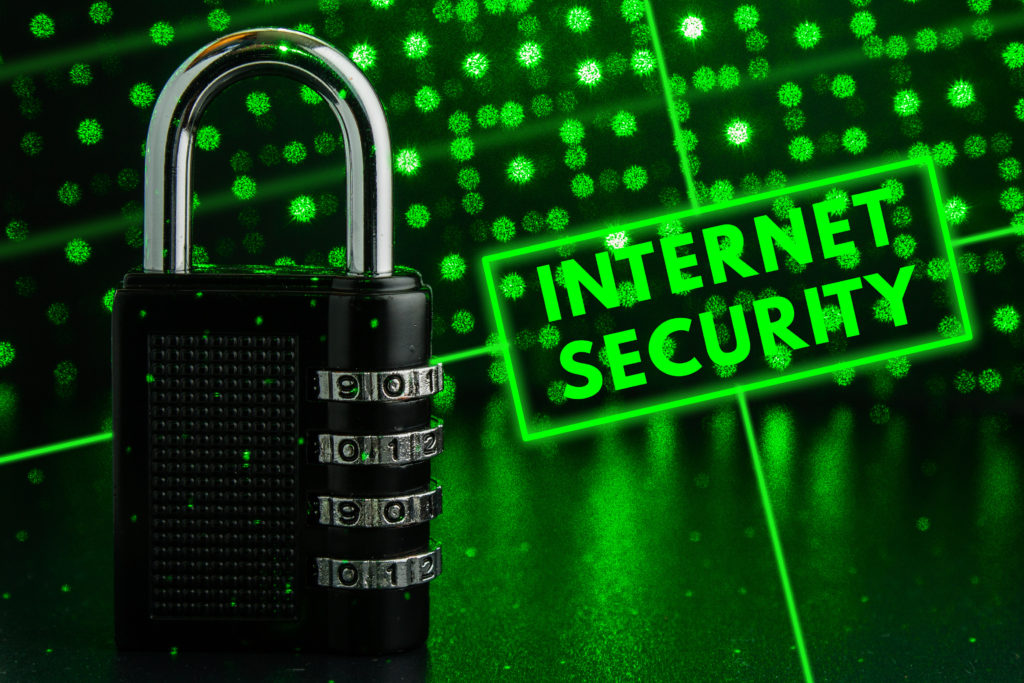VPN Security in the Age of Digital Privacy: Comprehensive Guide
In our increasingly digital world, concerns about online privacy and security have never been more pertinent. As individuals and businesses rely on the internet for communication, transactions, and entertainment, the need for robust online protection has grown exponentially. One of the tools that has gained prominence in this context is the Virtual Private Network, or VPN.

In this article, we will delve into the world of VPNs, exploring their significance, recent developments, and the role they play in safeguarding our digital lives.
The Evolution of VPNs
Virtual Private Networks (VPNs) have come a long way since their inception. Initially developed to facilitate secure remote access to corporate networks, VPNs have evolved into powerful tools for safeguarding online privacy and security for individuals as well as organizations.
Over the years, VPNs have become increasingly accessible and user-friendly, making them a popular choice for people from all walks of life.
The Current Landscape of Digital Privacy
As the internet continues to pervade every aspect of our lives, concerns about digital privacy have risen to the forefront. We are bombarded with news of data breaches, cyberattacks, and invasive data collection practices by tech giants.
With the proliferation of smart devices and the Internet of Things (IoT), our online activities are constantly being monitored and analyzed, often without our explicit consent.
The Role of VPNs in Protecting Digital Privacy
A VPN serves as a crucial line of defense against the threats to our digital privacy. It does so by encrypting our internet traffic, making it extremely difficult for anyone, including hackers, ISPs, and government agencies, to eavesdrop on our online activities.
By rerouting our traffic through remote servers located in various parts of the world, VPNs also provide anonymity, masking our true IP address and location.
Recent Developments in VPN Technology
The VPN industry is constantly evolving, with providers working tirelessly to enhance their services. Recent developments in VPN technology have led to improved security, faster speeds, and greater ease of use. Some notable advancements include:
- WireGuard Protocol: This lightweight and high-performance protocol has gained popularity for its security and efficiency. It has replaced or supplemented older protocols like OpenVPN and IPSec in many VPN services.
- Zero-Log Policies: Many VPN providers now adopt strict zero-log policies, ensuring that they do not store any user data, further enhancing privacy.
- Split Tunneling: This feature allows users to route only specific traffic through the VPN, while other traffic accesses the internet directly. It offers a balance between security and performance.
- Multi-Hop (Double VPN): Some VPNs now offer the option to route traffic through multiple servers in different countries, adding an extra layer of security and anonymity.
VPNs and Geo-Restrictions
Aside from privacy and security benefits, VPNs have gained popularity for their ability to bypass geo-restrictions.
Streaming services, websites, and content providers often impose geographic restrictions on their content. VPNs can help users access this content by making it appear as if they are connecting from a different location.
This capability has made VPNs invaluable for travelers and expats who want to access their favorite shows and websites from anywhere in the world.
VPNs and Net Neutrality
The concept of net neutrality, which ensures that internet service providers treat all data equally, has been a hot topic in recent years. VPNs play a significant role in preserving net neutrality by masking the type of data being transmitted.
This prevents ISPs from throttling or blocking certain online activities, such as streaming or torrenting, which they may deem as high-bandwidth or undesirable.
VPNs in the Workplace
VPNs are not just for personal use; they also serve as essential tools for businesses.
In the age of remote work, VPNs enable employees to securely access corporate networks and sensitive data from anywhere in the world. This flexibility has become paramount in maintaining business operations during unexpected events, such as the COVID-19 pandemic.
The Dark Side of VPNs
While VPNs offer numerous advantages, there is a dark side to their use as well. Some individuals misuse VPNs for illegal activities, such as hacking, online fraud, or the distribution of illegal content. As a result, VPN providers have faced scrutiny and legal challenges in various countries.
This raises important questions about the balance between privacy and security and the ethical use of VPNs.
Choosing the Right VPN Provider
With the proliferation of VPN services, choosing the right provider can be a daunting task. To ensure you select the most suitable VPN for your needs, consider the following factors:
- Security Features: Look for encryption protocols, kill switches, and DNS leak protection to ensure robust security.
- Privacy Policy: Read the provider’s privacy policy to understand how they handle your data.
- Server Locations: The number and location of servers can impact speed and access to geo-restricted content
- Speed: Test the VPN’s speed to ensure it meets your requirements for streaming, gaming, or other online activities.
- User-Friendly Interface: A user-friendly app or interface can enhance your overall experience.
- Price: Compare pricing plans and check for free trials or money-back guarantees.
The Future of VPNs
As digital privacy concerns continue to grow, VPNs will remain essential tools for individuals and businesses.
The VPN industry is likely to see further innovations, such as improved protocols, enhanced user experiences, and increased accessibility. Additionally, governments and regulatory bodies will continue to grapple with the legal and ethical implications of VPN use.
Conclusion
In an era where digital privacy is under constant threat, VPNs offer a ray of hope. These versatile tools not only protect our online activities from prying eyes but also empower us to bypass geo-restrictions and preserve net neutrality.
However, with great power comes great responsibility, and it is crucial to use VPNs ethically and responsibly.
As technology advances, the world of VPNs will continue to evolve, shaping the landscape of digital privacy and security for years to come.